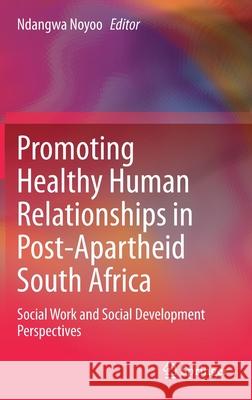Promoting Healthy Human Relationships in Post-Apartheid South Africa: Social Work and Social Development Perspectives » książka
topmenu
Promoting Healthy Human Relationships in Post-Apartheid South Africa: Social Work and Social Development Perspectives
ISBN-13: 9783030501389 / Angielski / Twarda / 2020 / 226 str.
Promoting Healthy Human Relationships in Post-Apartheid South Africa: Social Work and Social Development Perspectives
ISBN-13: 9783030501389 / Angielski / Twarda / 2020 / 226 str.
cena 201,72
(netto: 192,11 VAT: 5%)
Najniższa cena z 30 dni: 192,74
(netto: 192,11 VAT: 5%)
Najniższa cena z 30 dni: 192,74
Termin realizacji zamówienia:
ok. 16-18 dni roboczych.
ok. 16-18 dni roboczych.
Darmowa dostawa!
Kategorie:
Kategorie BISAC:
Wydawca:
Springer
Język:
Angielski
ISBN-13:
9783030501389
Rok wydania:
2020
Wydanie:
2021
Ilość stron:
226
Waga:
0.53 kg
Wymiary:
23.39 x 15.6 x 1.6
Oprawa:
Twarda
Wolumenów:
01
Dodatkowe informacje:
Wydanie ilustrowane











